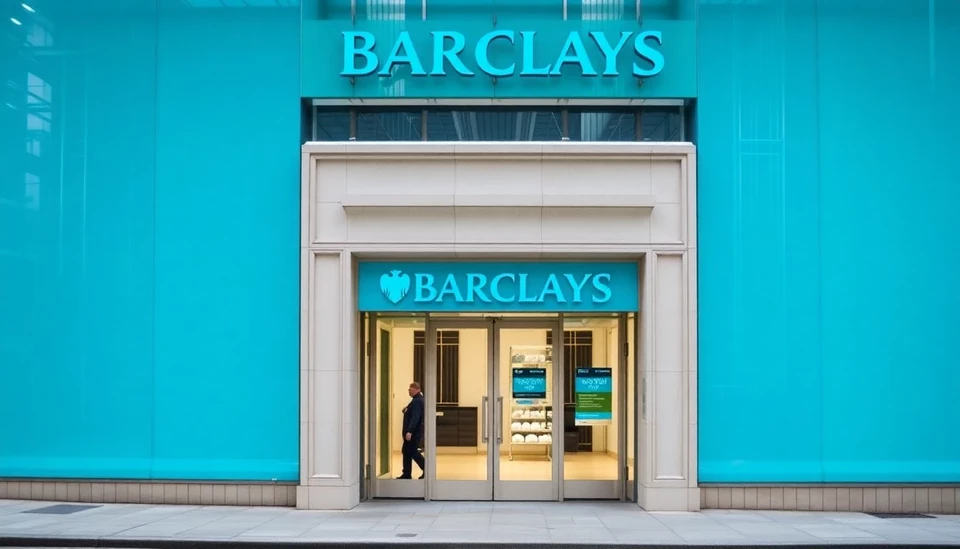
In a recent interview, Barclays Chief Executive C.S. Venkatakrishnan expressed confidence that the US dollar will continue to maintain its status as the world's primary reserve currency. His comments come at a time when the global economic landscape is undergoing significant changes, including shifts in trade dynamics and the rise of alternative currencies.
Venkatakrishnan emphasized that despite the increasing talk of diversification away from the dollar, he believes the currency remains essential for international trade and finance. The dollar accounts for approximately 60% of the world's reserves, and its dominance is supported by a variety of factors, including the size of the US economy, the depth and liquidity of US financial markets, and the political stability associated with the US government.
The CEO noted that while there are several alternative currencies vying for a share of international reserves, such as the euro and the Chinese yuan, none currently possess the same level of trust and widespread acceptance as the dollar. He pointed out that countries have been hesitant to fully shift away from the dollar due to concerns over the volatility and reliability of other currencies.
Venkatakrishnan also addressed the potential implications of a shift in reserve currency dynamics, stating that a decline in dollar dominance could lead to increased market volatility and uncertainty. The implications for emerging markets could be particularly pronounced, as many of these economies rely heavily on dollar-denominated debt. A stronger or weaker dollar can have significant ripple effects across the globe, impacting trade balances and financial stability.
Moreover, the Barclays CEO acknowledged the ongoing discussions about central bank digital currencies (CBDCs) and their potential impact on the financial system. While acknowledging the innovations that CBDCs could bring, he remained cautious, stating that any major shift in reserve currency status will take considerable time and will depend on the ability of other currencies to build similar levels of trust among global investors and governments.
In conclusion, while the conversation around the dollar's future is complex and filled with challenges, Venkatakrishnan's insights reinforce a prevailing view among many economists and financial leaders: that the US dollar is likely to remain the dominant reserve currency for the foreseeable future. As the world navigates through various economic uncertainties, the dollar's established role provides a sense of stability that many nations value.
#Barclays #USDollar #GlobalEconomy #ReserveCurrency #CSEuro #FedPolicy #FinancialMarkets #TradeDynamics
Author: Samuel Brooks




